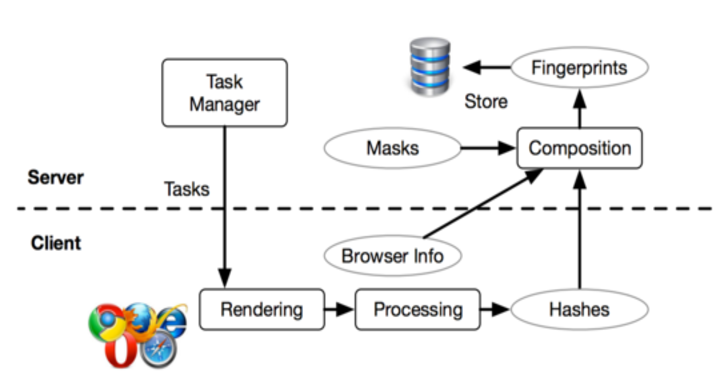Microsoft has released a statement warning users to stay vigilant of phishing emails, as a malicious campaign has been detected which tricks users into downloading an Excel sheet containing harmful software. The criminals responsible are taking advantage of the confusion around Covid-19, as many others have been doing lately, to convince users that the emails are genuine and to enable macros within Excel once the file has been downloaded to their computer.




